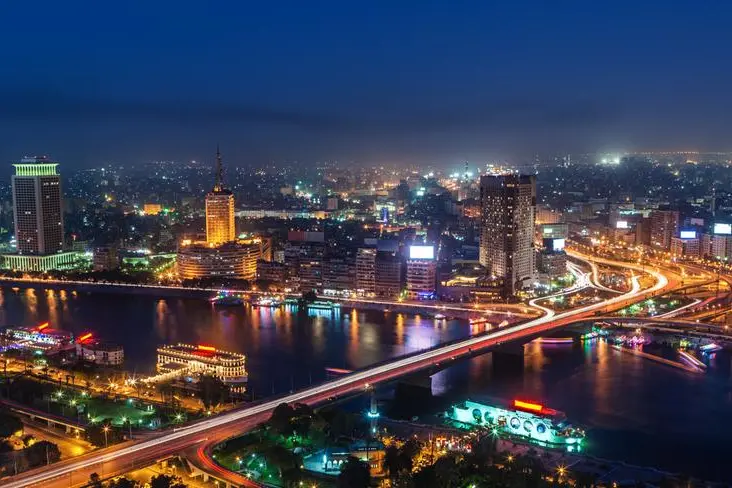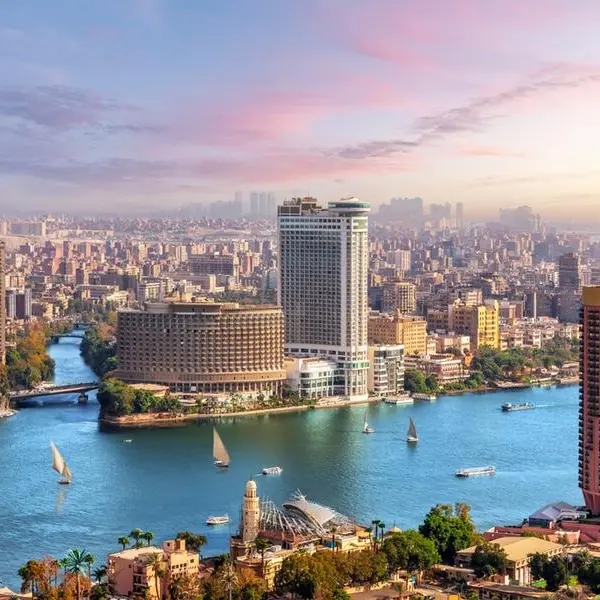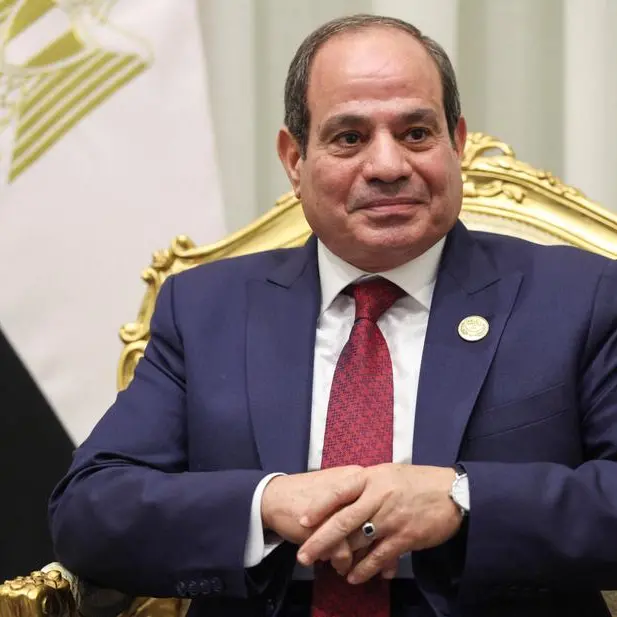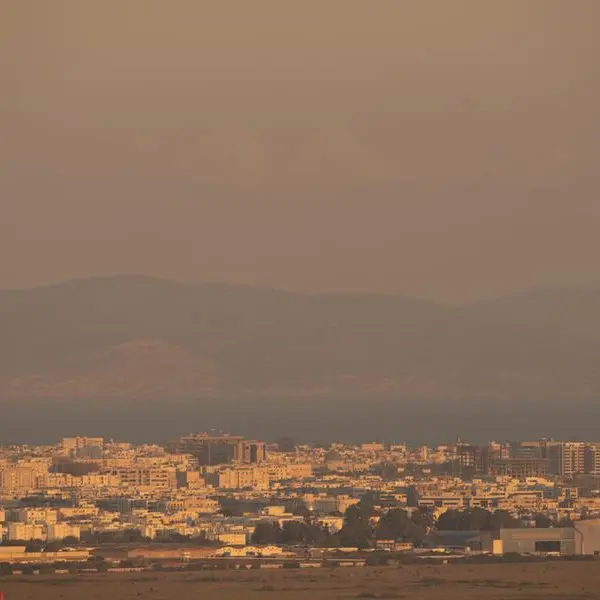PHOTO
The Egyptian government’s newly announced asset sales signal progress, but the asset monetisation program still needs to pick up speed to mitigate the economic woes of the cash-strapped county, according to experts.
“It is a step in the right direction, but more needs to be done, at a faster pace,” Amr Elalfy, the head of research at investment bank Prime Holding, told Zawya. “Given the currency crunch, we need to speed up the process so that we can have more dollars faster and hence restore confidence in the Egyptian economy,” he added.
In a news conference on Tuesday, the government announced that it had signed contracts to sell state assets worth $1.9 billion as part of a larger plan aimed at increasing the country’s foreign revenues, bridging the financing gap, reducing the government’s footprint in the economy, and thereby meeting the conditions of a $3 billion IMF loan.
Tuesday’s announcement comes as the first step in the implementation of a program that has been stalling since January.
“The strategy had initially targeted $2 billion in state-owned asset sales by the end of June, so the fact the deadline was missed by just under two weeks restores our confidence in the government’s broader commitment to the privatisation strategy,” Callee Davis, an analyst at Oxford Economics, told Zawya.
A deal to sell minority stakes in three state-owned companies for $800 million was signed with Abu Dhabi’s investment holding company, ADQ.
Under the agreement, the ADQ will own stakes that range between 25 and 30% in Egyptian Drilling company as well as the chemical companies Ethydco and Egyptian Lineral Alky Benzene (Elab), Hala Said, Minister of Planning and Economic Development, said on Tuesday.
Another deal allows a consortium of foreign investors and ICON, the hospitality arm of the Egyptian Talaat Moustafa Group, to invest $700 million in the form of capital increase in state-owned hotels, she added.
The government also sold its 31% stake in the publicly traded steel giant Ezz Dekheila for $241 million just as Ezz Dekheila announced that it would be voluntarily delisting from the EGX within three months and offered to buy back shares from objecting shareholders.
“The 50/50 split between foreign and domestic investors could point to ongoing reluctance from the Gulf Cooperation Council (GCC) countries to purchase stakes in state-owned enterprises until there is more clarity on the direction of the exchange rate,” Davis explained.
The government also announced that it is finalising a deal to sell stakes in the Gabal el-Zeit wind farm for $300 million by October. As to military-owned Wataniya Petroleum, the government said three bidders are already in the midst of their due diligence investigation and that a deal will be signed this fall.
“Knowing the government, things might take more than three months,” Elalfy remarked.
At the same news conference, Prime Minister Mostafa Madbouly affirmed his cabinet’s commitment to a pledge made earlier this year to sell stakes in 32 state-owned enterprises.
However, the process of asset monetisation needs to be more transparent, according to Elalfy. “We need to know the companies’ financial KPIs, especially [since] most of them are not listed. We need this information so that we can judge the valuations.”
(Reporting by Noha El Hennawy; editing by Seban Scaria)




















